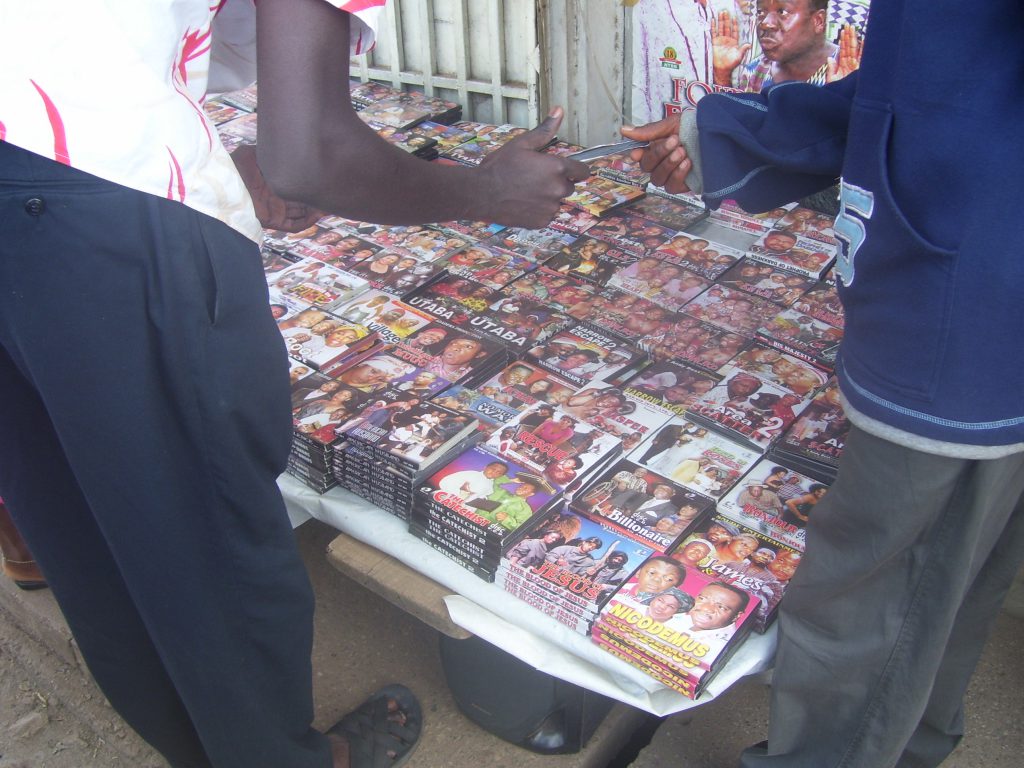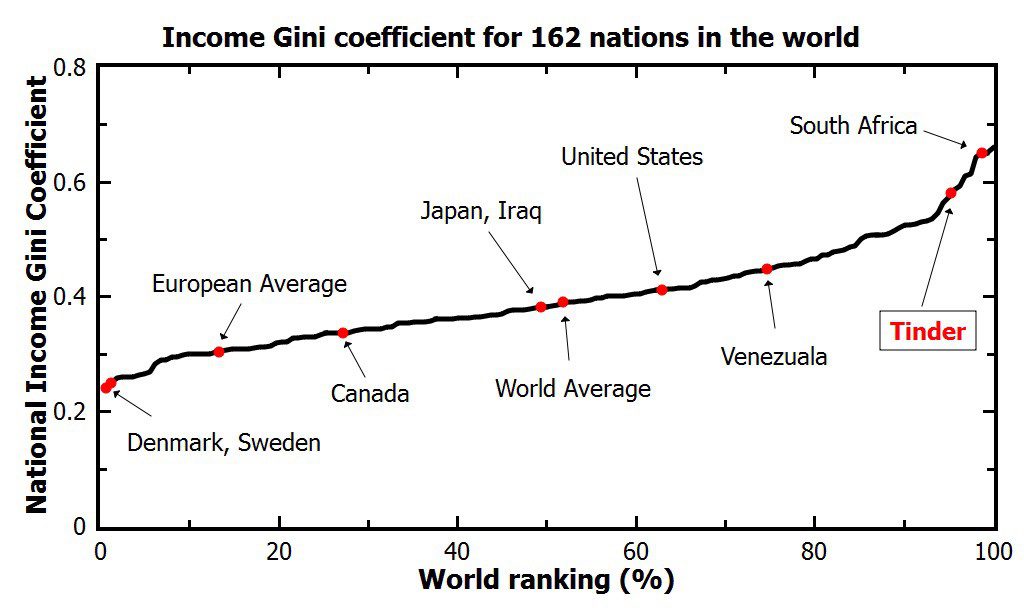Guest post by Jeff Mosenkis of Innovations for Poverty Action. In The New Yorker, John Cassidy reviews a new free online open-source economics textbook, The Economy. From an international collaboration of economists, it focuses on newer, post-financial crisis ways of thinking about and teaching economics. Case Western economist Justin Gallagher documents the bizarre fight he went through to get one research group at the University of Texas to turn over the public state data set it was holding, including a Freedom of Information request compelling them to turn it over. That research group was the only repository of data (the state had wiped many of its records after turning it over), and uses it to produce a number of publications. Some people say that you only learn about your own
Topics:
Jeff Mosenkis (IPA) considers the following as important: conflict, Economics, gini, health, inequality, links, miscellany, news, Nigeria, open data, Pakistan, podcast, podcasts, political science, psychology, Research, teaching, tinder, transparency, vaccination, vaccines
This could be interesting, too:
Jeremy Smith writes UK workers’ pay over 6 years – just about keeping up with inflation (but one sector does much better…)
Lars Pålsson Syll writes Schuldenbremse bye bye
Lars Pålsson Syll writes What’s wrong with economics — a primer
Lars Pålsson Syll writes Krigskeynesianismens återkomst
Guest post by Jeff Mosenkis of Innovations for Poverty Action.

- In The New Yorker, John Cassidy reviews a new free online open-source economics textbook, The Economy. From an international collaboration of economists, it focuses on newer, post-financial crisis ways of thinking about and teaching economics.
- Case Western economist Justin Gallagher documents the bizarre fight he went through to get one research group at the University of Texas to turn over the public state data set it was holding, including a Freedom of Information request compelling them to turn it over. That research group was the only repository of data (the state had wiped many of its records after turning it over), and uses it to produce a number of publications.
- Some people say that you only learn about your own culture when you’ve been somewhere else. Former NPR East Africa correspondent Gregory Warner and his wife, novelist Sana Krasikov, talk to parenting/family podcast The Longest Shortest Time about readjusting to the U.S. with a 5-year old son who’d only known life in Nairobi. He discovered American kids had a concept of “personal space” that didn’t make sense to him, and also had difficulty with learning how the Kenyan style of sharing (where kids would treat property much more communally, walking out of a friend’s house with their toy), differs from the U.S. implicit concept of sharing (getting your share, and then voluntarily deciding to offer some to others). Web or “Bubble Boy” episode from Apple.
- In a clever design, Blair, Littman, and Paluck had two versions of a film produced in Nigeria, one with and one without the actors reporting corruption. They then had staff of a survey firm pose as film promoters, distributing copies to local film sellers in randomly selected communities with instructions to give them away to customers. The film distribution was followed by a text message campaign, and resulted in boosted corruption reports, and changed attitudes toward corruption as measured in surveys.
- It’s been reported in the past that the CIA’s ruse to find Bin Laden involving collecting DNA with a fake vaccination campaign led to a backlash against vaccinations in Pakistan. Now the measures are in, Martinez-Bravo and Stegmann find a one standard deviation increase in support for an Islamist party in a region is associated with a 9-13% decline in immunization rates after the vaccine ruse was reported.
And finally someone’s put all that inequality research to good use and calculated the gender inequality of likes on Tinder:
It was determined that the bottom 80% of men (in terms of attractiveness) are competing for the bottom 22% of women and the top 78% of women are competing for the top 20% of men. The Gini coefficient for the Tinder economy based on “like” percentages was calculated to be 0.58. This means that the Tinder economy has more inequality than 95.1% of all the world’s national economies. In addition, it was determined that a man of average attractiveness would be “liked” by approximately 0.87% (1 in 115) of women on Tinder.

